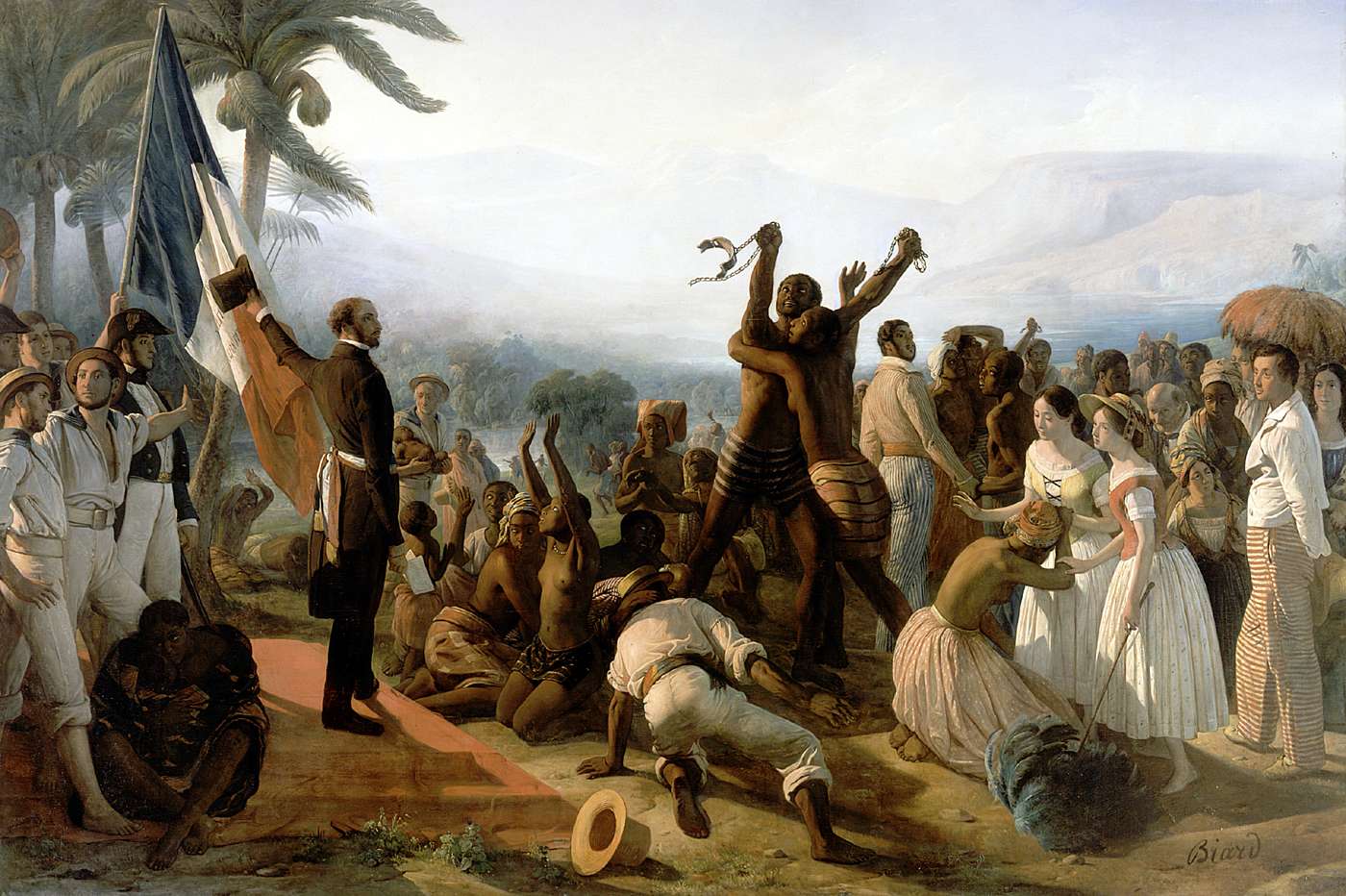|
Liberationist (other)
{{Disambiguation ...
Liberationist may refer to: * An advocate of liberation or a liberation movement, such as: ** Abolition of serfdom and slavery ** Men's liberation ** Proletarian liberation ** Racial liberation ** Sexual liberation ** Women's liberation ** Animal liberation * Liberation psychology, an approach to psychology focusing on countering oppression * Liberation theology, an approach to theology focusing on countering oppression * In the 19th century, an advocate of Church of England disestablishment See also * Liberation (other) Liberation or liberate may refer to: Film and television * ''Liberation'' (film series), a 1970–1971 series about the Great Patriotic War * "Liberation" (''The Flash''), a TV episode * "Liberation" (''K-9''), an episode Gaming * '' Liberati ... [...More Info...] [...Related Items...] OR: [Wikipedia] [Google] [Baidu] |
Liberation Movement
A liberation movement is an organization or political movement leading a rebellion, or a non-violent social movement, against a colonial power or national government, often seeking independence based on a nationalist identity and an anti-imperialist outlook. Notable liberation movements *Gay liberation, a movement that urged lesbians and gay men to engage in direct action, and to be proud of their sexuality. * Goa liberation movement, a movement which fought to end Portuguese colonial rule in Goa, India. *Men's liberation movement, a social movement critical of the restraints which society imposes on men. *Russian Liberation Movement, a movement within the Soviet Union that sought to create an anti-communist armed force during World War II. *Women's liberation movement, a movement of women who proposed that economic, psychological, and social freedom were necessary for women to be equal. *Animal liberation movement, a movement to stop killing animals for human needs. See ... [...More Info...] [...Related Items...] OR: [Wikipedia] [Google] [Baidu] |
Timeline Of Abolition Of Slavery And Serfdom
The abolition of slavery occurred at different times in different countries. It frequently occurred sequentially in more than one stage – for example, as abolition of the trade in slaves in a specific country, and then as abolition of slavery throughout empires. Each step was usually the result of a separate law or action. This timeline shows abolition laws or actions listed chronologically. It also covers the abolition of serfdom. Although slavery is technically illegal in all countries today, the practice continues in many locations around the world, primarily in Africa, Asia, and Eastern Europe, often with government support. Ancient times During classical antiquity, several prominent societies in Europe and the ancient Near East regulated enslavement for debt and the related but distinct practice of debt bondage (in which a creditor could extract compulsory labor from a debtor in repayment of their debt, but the debtor was not formally enslaved and was not subject to al ... [...More Info...] [...Related Items...] OR: [Wikipedia] [Google] [Baidu] |
Men's Liberation
The men's liberation movement is a social movement critical of the restraints which society imposes on men. Men's liberation activists were generally sympathetic to feminist standpoints. The men's liberation movement is not to be confused with different movements such as the men's rights movement in which some argue that modern feminism has gone too far and additional attention should be placed on men's rights. The men's liberation movement stresses the costs of some negative portions of "traditional" masculinity, whereas the men's rights movement is largely about perceived unequal or unfair treatment of men by modern institutions because of, or in spite of those traits ubiquitous to traditional masculinity. The men's liberation movement also aims to liberate men from stereotypes and the attitudes that prevent them from expressing their emotions. History The men's liberation movement, as recognized by feminists and gender scholars, developed mostly among heterosexual, middl ... [...More Info...] [...Related Items...] OR: [Wikipedia] [Google] [Baidu] |
Proletarian Revolution
A proletarian revolution or proletariat revolution is a social revolution in which the working class attempts to overthrow the bourgeoisie and change the previous political system. Proletarian revolutions are generally advocated by socialists, communists and anarchists. The concept of a revolutionary proletariat was first put forward by the French revolutionary socialist and radical Auguste Blanqui. Marxists believe proletarian revolutions can and will likely happen in all capitalist countries, related to the concept of world revolution. The Leninist branch of Marxism argues that a proletarian revolution must be led by a vanguard of "professional revolutionaries", men and women who are fully dedicated to the communist cause and who form the nucleus of the communist revolutionary movement. This vanguard is meant to provide leadership and organization to the working class before and during the revolution, which aims to prevent the government from successfully ending it. Vladimi ... [...More Info...] [...Related Items...] OR: [Wikipedia] [Google] [Baidu] |
Racial Liberation
Anti-racism encompasses a range of ideas and political actions which are meant to counter racial prejudice, systemic racism, and the oppression of specific racial groups. Anti-racism is usually structured around conscious efforts and deliberate actions which are intended to provide equal opportunities for all people on both an individual and a systemic level. As a philosophy, it can be engaged in by the acknowledgment of personal privileges, confronting acts as well as systems of racial discrimination, and/or working to change personal racial biases. Major contemporary anti-racism efforts include Black Lives Matter organizing and workplace antiracism. History European origins European racism was spread to the Americas by the Europeans, but establishment views were questioned when they were applied to indigenous peoples. After the discovery of the New World, many of the members of the clergy who were sent to the New World who were educated in the new humane values of the Renai ... [...More Info...] [...Related Items...] OR: [Wikipedia] [Google] [Baidu] |
Sexual Liberation
The sexual revolution, also known as the sexual liberation, was a social movement that challenged traditional codes of behavior related to sexuality and interpersonal relationships throughout the United States and the developed world from the 1960s to the 1970s. Sexual liberation included increased acceptance of sex outside of traditional heterosexual, monogamous relationships (primarily marriage). The normalization of contraception and the pill, public nudity, pornography, premarital sex, homosexuality, masturbation, alternative forms of sexuality, and the legalization of abortion all followed. Origins First sexual revolution Several other periods in Western culture have been called the "first sexual revolution", to which the 1960s revolution would be the second (or later). The term "sexual revolution" itself has been used since at least the late 1920s. The term appeared as early as 1929; the book ''Is Sex Necessary? Or, Why You Feel the Way You Do'' by James Thurber and E. B. ... [...More Info...] [...Related Items...] OR: [Wikipedia] [Google] [Baidu] |
Women's Liberation
The women's liberation movement (WLM) was a political alignment of women and feminist intellectualism that emerged in the late 1960s and continued into the 1980s primarily in the industrialized nations of the Western world, which effected great change (political, intellectual, cultural) throughout the world. The WLM branch of radical feminism, based in contemporary philosophy, comprised women of racially- and culturally-diverse backgrounds who proposed that economic, psychological, and social freedom were necessary for women to progress from being second-class citizens in their societies. Towards achieving the equality of women, the WLM questioned the cultural and legal validity of patriarchy and the practical validity of the social and sexual hierarchies used to control and limit the legal and physical independence of women in society. Women's liberationists proposed that sexism—legalized formal and informal sex-based discrimination predicated on the existence of the social co ... [...More Info...] [...Related Items...] OR: [Wikipedia] [Google] [Baidu] |
Animal Rights Movement
The animal rights (AR) movement, sometimes called the animal liberation, animal personhood, or animal advocacy movement, is a social movement that seeks an end to the rigid moral and legal distinction drawn between human and non-human animals, an end to the status of animals as property, and an end to their use in the research, food, clothing, and entertainment industries. Terms and factions All animal liberationists believe that the individual interests of non-human animals deserve recognition and protection, but the movement can be split into two broad camps. Animal rights advocates believe that these basic interests confer moral rights of some kind on the animals, and/or ought to confer legal rights on them;"Animal rights," ''Encyclopædia Britannica'', 2007. see, for example, the work of Tom Regan. Utilitarian liberationists, on the other hand, do not believe that animals possess moral rights, but argue, on utilitarian grounds — utilitarianism in its simplest form advoca ... [...More Info...] [...Related Items...] OR: [Wikipedia] [Google] [Baidu] |
Liberation Psychology
Liberation psychology or liberation social psychology is an approach to psychology that aims to actively understand the psychology of oppressed and impoverished communities by conceptually and practically addressing the oppressive sociopolitical structure in which they exist. The central concepts of liberation psychology include: conscientization; realismo-crítico; de-ideologized reality; a coherently social orientation; the preferential option for the oppressed majorities, and methodological eclecticism.Through transgressive and reconciliatory approaches, liberation psychology strives to mend the fractures in relationships, experience, and society caused by oppression.The liberation psychology aims to include what or who has become marginalized, both psychologically and socially. The philosophy of liberation psychology stresses the interconnectedness and co-creation of culture, psyche, self, and community. They should be viewed as interconnected and evolving multiplicities of perspe ... [...More Info...] [...Related Items...] OR: [Wikipedia] [Google] [Baidu] |
Liberation Theology
Liberation theology is a Christian theological approach emphasizing the liberation of the oppressed. In certain contexts, it engages socio-economic analyses, with "social concern for the poor and political liberation for oppressed peoples". In other contexts, it addresses other forms of inequality, such as race or caste. Liberation theology is best known in the Latin American context, especially within Catholicism in the 1960s after the Second Vatican Council, where it became the political praxis of theologians such as Gustavo Gutiérrez, Leonardo Boff, and Jesuits Juan Luis Segundo and Jon Sobrino, who popularized the phrase "preferential option for the poor". This expression was used first by Jesuit Fr. General Pedro Arrupe in 1968 and soon after the World Synod of Catholic Bishops in 1971 chose as its theme "Justice in the World". The Latin American context also produced Protestant advocates of liberation theology, such as Rubem Alves, José Míguez Bonino, and C. René ... [...More Info...] [...Related Items...] OR: [Wikipedia] [Google] [Baidu] |
Disestablishmentarianism
Disestablishmentarianism is a movement to end the Church of England's status as an official church of the United Kingdom. Anglican disestablishment Irish church The campaign to disestablish the Anglican Church of Ireland began in the 18th century. A rich church, with 22 bishops drawing £150,000 a year, and a further £600,000 going annually to the rest of the clergy,G. M. Trevelyan, ''British History in the 19th Century'' (London 1922) p. 288 it was wholly disproportionate to the needs of its worshippers, and consisted largely of absentee sinecurists. Given that in Ireland not even nominal adherence by the predominantly Roman Catholic majority population could be expected for the (Protestant) established Church,S. H. Steinberg, ed., ''A New Dictionary of British History'' (London 1963) defence of the latter became increasingly difficult, especially after Catholic emancipation. In 1833 a Church Reform Act was passed, reducing the number of sees from 22 to 12,E. Halévy, ''The Triu ... [...More Info...] [...Related Items...] OR: [Wikipedia] [Google] [Baidu] |

.jpg)
_c1971.jpg)
.jpg)

